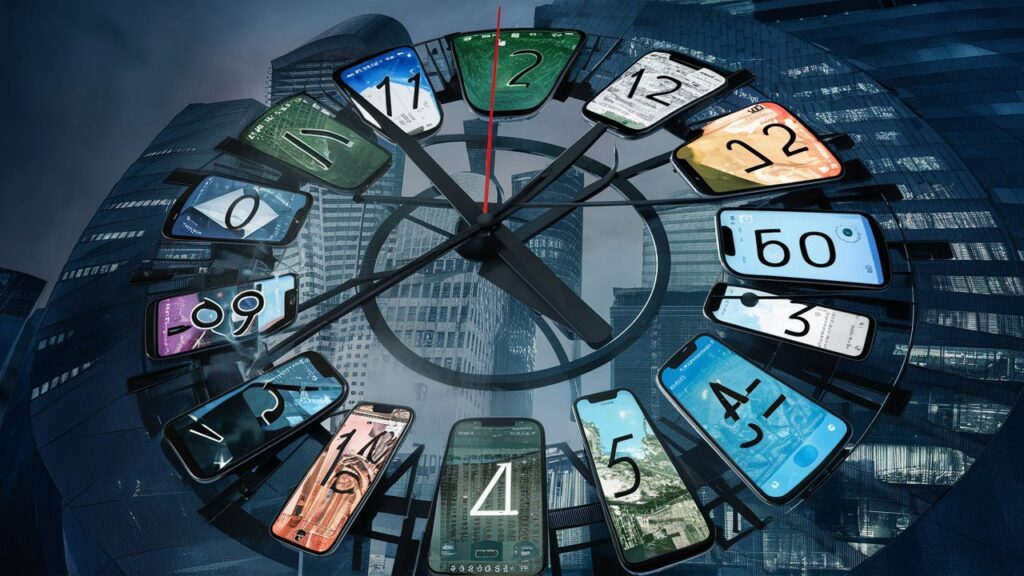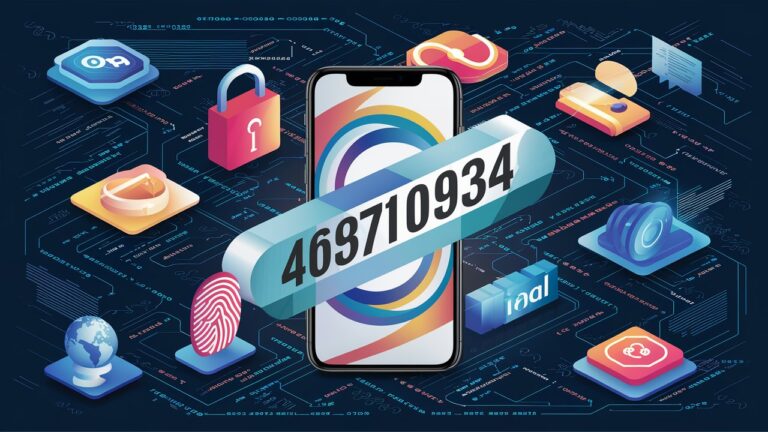Introduction
In an era where phone numbers like 4058710934 serve as critical gateways to our digital lives, understanding their role in identity verification, cybersecurity, and privacy has never been more vital. A phone number is no longer just a tool for communication; it’s a linchpin for accessing social media accounts, banking systems, and government services. However, this convenience comes with risks. From phishing attacks to SIM-swapping scams, vulnerabilities tied to phone numbers can lead to catastrophic breaches. This article explores the multifaceted role of phone numbers in modern security frameworks, offering actionable insights to safeguard your digital identity.
1. The Role of Phone Numbers in Digital Identity Verification
Phone numbers such as 4058710934 are foundational to two-factor authentication (2FA) and account recovery processes. When you link a phone number to an online account, it becomes a unique identifier that platforms use to confirm your identity. For instance, receiving a one-time password (OTP) via SMS to 4058710934 adds a layer of security beyond passwords. However, this system has flaws. If a hacker gains control of your number, they can bypass 2FA, hijack accounts, and lock you out permanently. This vulnerability underscores the need for robust alternatives, such as authenticator apps or hardware tokens, which reduce reliance on SMS-based verification.
2. Cybersecurity Risks Associated with Phone Numbers
The exposure of a phone number like 4058710934 can lead to targeted cyberattacks. SIM-swapping, a prevalent threat, involves fraudsters convincing telecom providers to transfer your number to their device. Once they control 4058710934, they can reset passwords for email, banking, and social media accounts. Similarly, phishing campaigns often spoof legitimate institutions, tricking users into revealing OTPs sent to their numbers. To mitigate these risks, enable security features like PIN codes with your telecom provider and avoid sharing your number on public platforms.
3. Protecting Your Phone Number from Unauthorized Access
Securing a phone number like 4058710934 demands proactive measures. Start by enabling SIM lock features, which require a PIN to make changes to your account. Use encrypted messaging apps like Signal or WhatsApp instead of traditional SMS for sensitive communications. Regularly monitor your accounts for suspicious activity, such as unexpected password reset emails or unrecognized logins. Additionally, consider separating your personal number (4058710934) from public-facing accounts to limit exposure. Businesses should adopt zero-trust frameworks, ensuring that even if a number is compromised, attackers face multiple authentication barriers.

4. The Future of Phone Numbers in Digital Security
As cyber threats evolve, the reliance on phone numbers like 4058710934 for security is being re-evaluated. Emerging technologies such as biometric authentication (e.g., facial recognition, fingerprint scans) and blockchain-based identity systems promise to reduce dependence on SMS-based 2FA. Regulatory bodies are also pushing for stricter telecom security protocols, including mandatory multi-factor authentication for SIM swaps. In the future, decentralized identifiers (DIDs) may replace phone numbers entirely, granting users full control over their digital identities without centralized vulnerabilities.
5. Legal and Ethical Considerations in Phone Number Usage
The ethical handling of phone numbers like 4058710934 is a growing concern. Companies collecting phone numbers must comply with data protection laws such as GDPR and CCPA, ensuring transparency about how data is stored and used. Unauthorized sharing or selling of numbers can lead to legal penalties and reputational damage. Users should scrutinize privacy policies before providing their numbers and opt out of non-essential data collection. Advocacy for stronger regulations, such as mandatory breach notifications for telecom providers, is critical to safeguarding consumer rights.
Conclusion
Phone numbers like 4058710934 are double-edged swords: indispensable for modern authentication yet fraught with security risks. By adopting advanced security practices, advocating for regulatory reforms, and embracing emerging technologies, individuals and organizations can mitigate these vulnerabilities. The future of digital identity lies in balancing convenience with resilience, ensuring that phone numbers remain a tool for connectivity—not a liability.
Frequently Asked Questions (FAQs)
Q1: Why is my phone number linked to so many online accounts?
A1: Phone numbers like 4058710934 are used for 2FA and account recovery, offering a balance of accessibility and security. However, over-reliance on SMS-based systems increases risk. Diversify your authentication methods where possible.
Q2: How can I tell if my phone number has been compromised?
A2: Watch for signs like unexpected SMS codes, inability to make calls, or alerts about account changes. Contact your telecom provider immediately if you suspect a SIM swap.
Q3: Are there alternatives to using my phone number for 2FA?
A3: Yes! Authenticator apps (Google Authenticator, Authy) or hardware keys (YubiKey) provide stronger security without relying on SMS.
Q4: Can I legally prevent companies from sharing my phone number?
A4: Under laws like GDPR, you can request data deletion or opt out of sharing. Always review privacy policies before submitting your number.
Q5: What should I do if my number is leaked in a data breach?
A5: Reset passwords for linked accounts, enable stricter 2FA, and notify your telecom provider to add extra security layers to 4058710934.
This comprehensive guide equips you to navigate the complexities of phone number security, empowering you to protect 4058710934 and your digital identity proactively.
